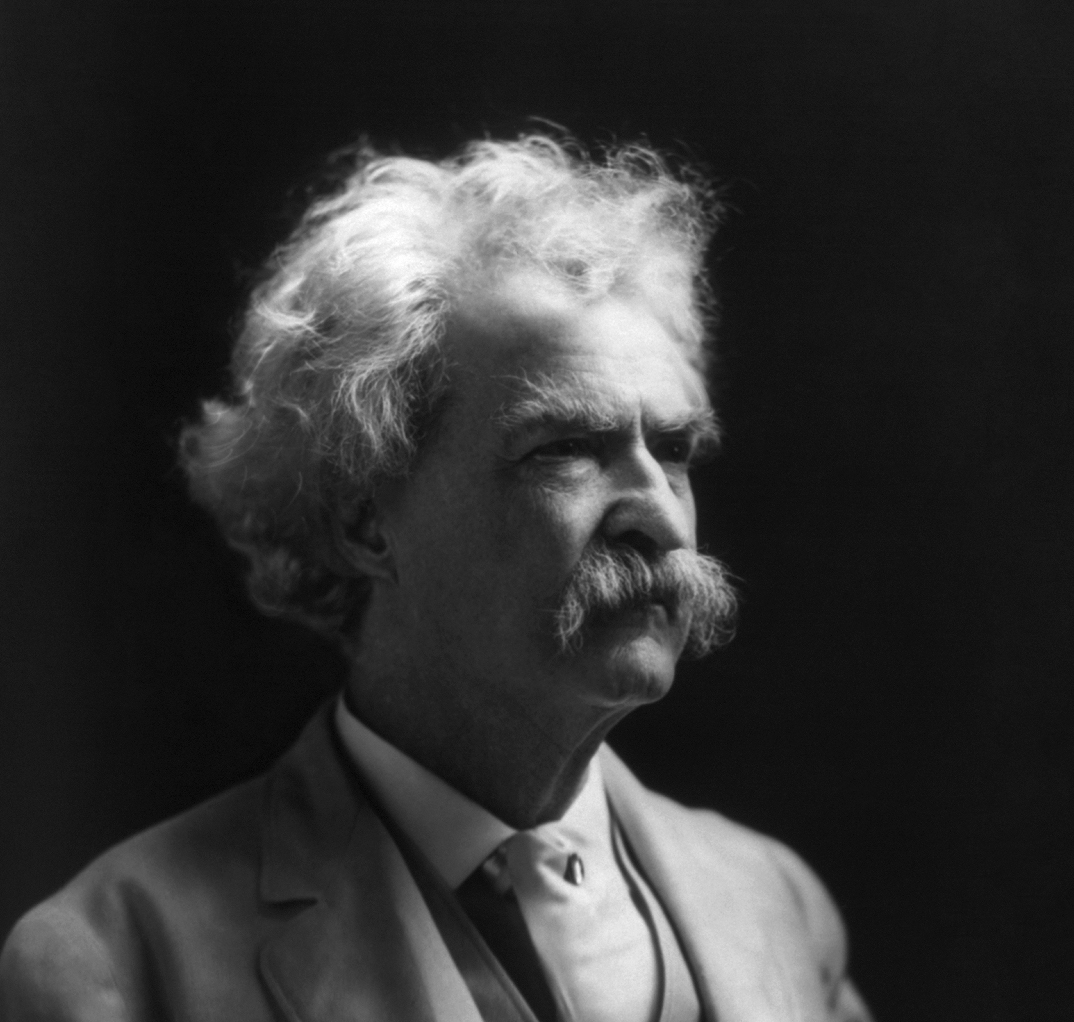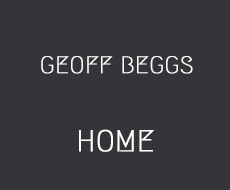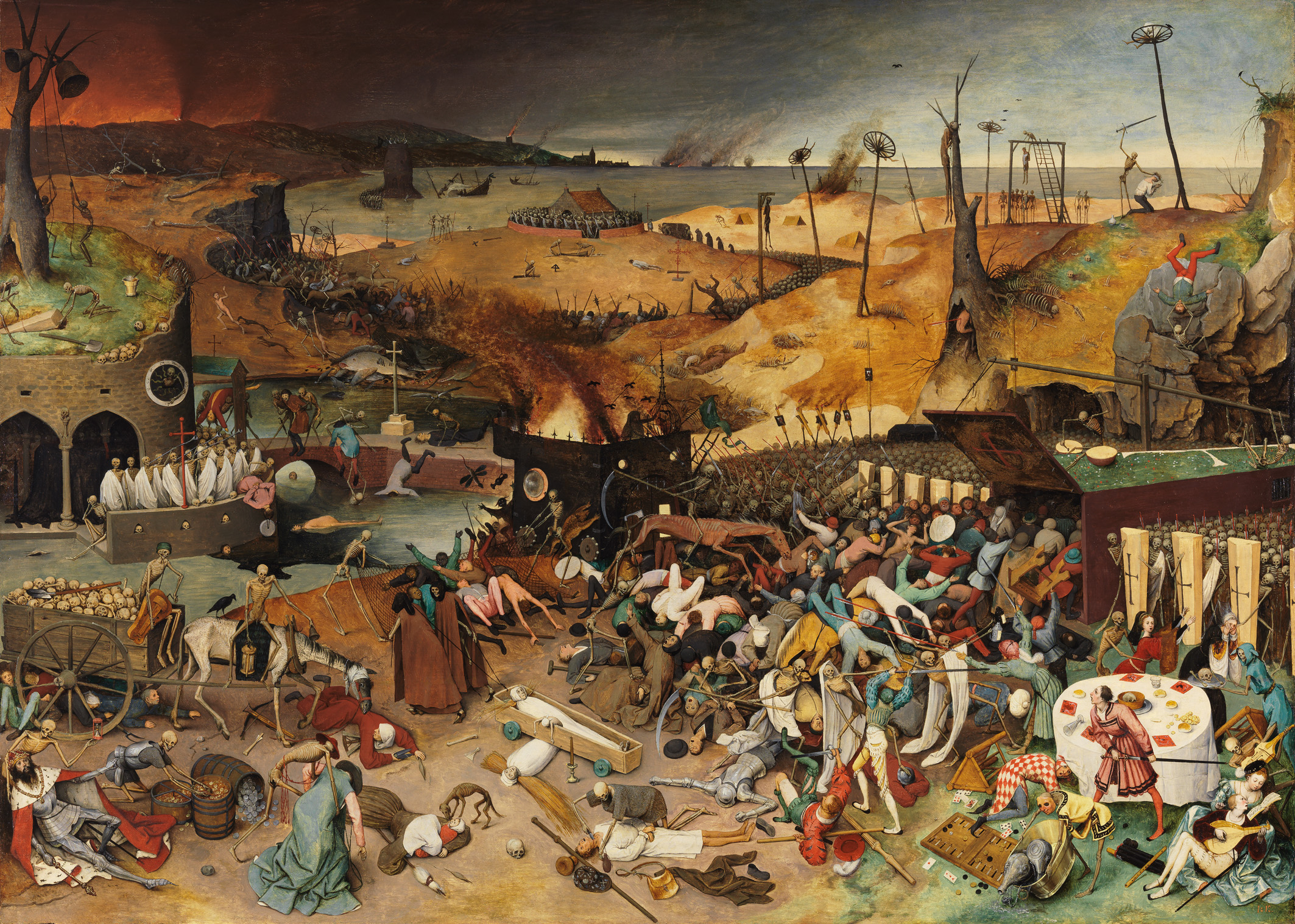Knowing something
13 September 2017
“It ain’t what you don’t know that gets you into trouble. It’s what you know for sure that just ain’t so”. (Attributed to Mark Twain, but probably not – but it’s certainly the kind of thing we wish he’d said).
Tolstoy said something a bit similar, but with none of the charm of the Twain-attributed quote:
“The most difficult subjects can be explained to the most slow-witted man if he has not formed any idea of them already; but the simplest thing cannot be made clear to the most intelligent man if he is firmly persuaded that he knows already, without a shadow of a doubt, what is laid before him.”
The problem is reckoning we know something. And once we have formed a view, we can easily fall prey to the dreaded ‘confirmation bias’. We can become personally invested in our view; seeking (and finding) regular confirmation that we are right, and dismissing anything that seems to disprove our view as ‘unusual’, ‘an outlier’ or just plain wrong. We start to become frustrated at the ‘stupidity’ of folks who just don’t see it like we see it. Without a strong sense of statistics (and who has that, right?) we become victim to our own cherry-picked examples of our rightness.
Someone (not you or me of course) forms a negative view about a certain kind of culture and people; and presto, before you can say ‘holy stereotyping, Batman’, every news report contains some snippet that reinforces your view. And you don’t even give yourself half a chance at beating this problem if you sign up for newsletters from others trying to make a name for themselves as champions of that view. They’ll reinforce your view, into your mailbox, week after week. There’s a reason they call it the echo-chamber – and it’s confirmation bias on steroids.
before you can say ‘holy stereotyping, Batman’
Then there’s common sense. My grandfather used to say that the thing about common sense is that it just isn’t that common. That always got a laugh. But there’s a whole range of things that don’t readily appear to make sense, but which are nevertheless true. I wouldn’t have liked to have been the first person to realise (through evidence) that the world was not flat. ‘Give me a break’, everyone would have said, ‘look at the facts coming into your own two eyes’. ‘Doesn’t have the sense he was born with’ they would have muttered.
Sure common sense is quite useful. As with the flat-Earth fallacy, you can actually live your whole life, making everyday decisions and undertaking everyday tasks based on your ‘common sense’ that the world is flat. Almost nothing will alter for how you organise things. But it will still be wrong. And not nearly as interesting.
Truth is better. Views based on evidence are more likely to be true than views we just formed and never thought about again. Every now and then someone will say ‘but when I was at school, we learnt…’ – as if all knowledge stopped at that golden moment when you were learning it; as if old knowledge has more truth than new knowledge; as if our teachers of long ago were imbued with a wisdom and understanding that could never be overruled in the decades to come.
Anyways (putting on my folksy Twain style there), a good does of humility usually cuts through if we let it; a willingness to ponder new information, and listen (really listen) to opposing viewpoints.
If only I was good at that…
More on epistemology and thinking
Knowing something
Geoff2021-04-23T11:17:34+10:0013 Sep 2017|Tags: epistemology, thinking|
Post-truth
Geoff2021-04-22T17:41:07+10:0027 Nov 2016|Tags: epistemology, thinking|
Ninety six percent of people won’t read this
Geoff2021-04-23T10:31:26+10:0024 Mar 2016|Tags: musings, thinking|














Leave A Comment